
Featured Navigation Links
Study Abroad
Latin American Studies Program (LASP)
Challenge Exams
Careers
Faculty and Staff
Modern Languages and Cultures
-
For information about the Spanish Intensive Summer Courses, please click here.
-
Welcome to the Spanish Intensive Summer Courses!
Here you will find some basic steps on how and where to find information about the Spanish Intensive Summer Courses.
If you would like to take SPAN-1150, start your search on MySeattleU by selecting Spanish on the subject and under the "Smr Qtr 1st 4-WEEK 2021" term. Once there you will find a tab that says: "View available Sections for SPAN-1150." When you click there, it expands to show you the section. If you would like to know the specific start and end dates for each course, you must click on the underlined course name, in this case, SPAN-1150-01, and a box will open where you will find a row that reads "Additional Information".
Under the term "Smr Qtr 8-WEEK 2021" you will find the information for Span 1250 and Span 1350. Again, please make sure to click on the underlined course number (SPAN-1250-01, SPAN-1350-01) to be able to view the specific dates for each class in the "Additional Information" row.
If you would like, you are able to register for all three classes or just one or two. If you have already taken SPAN-1150, you can register for 1250 and 1350 but please keep in mind that these courses must be taken in sequence. If you would like to start with SPAN-1150 and are having trouble registering for SPAN-1250 and 1350, please contact the Modern Languages and Cultures Department's Senior Administrative Assistant, Sarah Miranda, mirandas@seattleu.edu, who will be able to manually register you for the course.
For your ease, below are the dates for each course:
Span 1150
1ST-4-WEEK; June 21st-July 8th
Span 1250
8-WEEK; PREQ: SPAN-1150; July 9th - July 27th
Span 1350
8-WEEK; PREQ: SPAN-1150, SPAN-1250; July 28th -August 13th
We hope to see you in the summer!
- Professors Jaime Perozo and Sonia Barrios Tinoco
Degrees Offered
Bachelor of Arts: Major / Minor
More than 400 million people are native speakers of Spanish, coming in second after Mandarin in terms of global population. An official language of the United Nations and the European Union, Spanish is the most popular second language learned by native American English speakers. We are deeply invested in the professional formation of our students and that is why we have advanced classes focused on translation and interpretation, methodology for teaching Spanish as well as other courses that will hone your skills in the language and cross-cultural competency. Our Spanish program gives you the opportunity to learn the Spanish language and explore the traditions, literatures, film and arts of Spanish speaking countries in the classroom, on campus, and abroad.
In the Spanish section, we are proud to offer our students our faculty-led Latin American Studies Program in Puebla, Mexico. LASP has been successfully running for 30 consecutive years and more than 500 students have participated in it. Being a part of LASP means to cross the border to go meet your neighbor and establish meaningful personal and intellectual connections with their people and culture. Students can earn credits toward a major or minor in Spanish, a minor in Latin American Studies, or a major in International Studies. During the spring quarter of LASP, credits can also be earned for UCOR 3400 and 3600.
Learn more about the Latin American Study Program (LASP) here.
Intensive Spanish courses are offered during the summer.
Program Summary
-
Spanish Major Requirements
-
A formal application through the Department of Modern Languages and Cultures:
Program Add/Drop/Change (e-form)
Completion of 55 credits in Spanish, including, SPAN 1350-SPAN 4000:
SPAN 1350 Spanish Language III (5 credits)
SPAN 2150 Spanish Language IV (5 credits)
SPAN 2250 Spanish Language V (5 credits)
SPAN 2350 Spanish Language VI (5 credits)
SPAN 3150 Latin American and Spanish Culture and Society (5 credits)
SPAN 3250 Introduction to Latin American and Spanish Literature (5 credits)
SPAN 3000 electives (10 credits)
SPAN 4000 electives (15 credits)
Course descriptions are available in the SU Catalog.
Please note that one 4000 level elective class must be an approved Senior Synthesis course and that at least two 4000 level classes (10 credits) must be taken at SU.
This Major requires a learning program in a Spanish-speaking country. An acceptable study abroad program will normally encompass 30 quarter credits of work, but no less than 20 credits in Spanish. If the student chooses a program other than LASP, they must meet with their Spanish Major advisor for approval of the courses to be taken abroad. 4000-level Major electives taken abroad must incorporate an emphasis on literature (or as otherwise approved by the Spanish Major advisor).
The Spanish Major requires a minimum of 20 credits of SU courses.
-
Spanish Minor Requirements
-
A formal application through the Department of Modern Languages and Cultures:
Program Add/Drop/Change (e-form)
Your Spanish Minor advisor is assigned based on the first letter of your last name.
A-I - Professor Cecilia Simpson.
J-Q - Professor Diana Luna.
R-Z - Professor Inés Miranda.
Please make sure to contact your advisor and start planning your Spanish Minor.
Completion of 35 credits in Spanish including SPAN 1350-SPAN 3000:
SPAN 1350 Spanish Language III (5 credits)
SPAN 2150 Spanish Language IV (5 credits)
SPAN 2250 Spanish Language V (5 credits)
SPAN 2350 Spanish Language VI (5 credits)
SPAN 3150 Latin American and Spanish Culture and Society (5 credits)
SPAN 3250 Introduction to Latin American and Spanish Literature (5 credits)
SPAN 3000 elective (5 credits)
Course descriptions are available in the SU Catalog
The minor in Spanish requires a minimum of 20 credits of SU courses, as well as a learning program in a Spanish-speaking country for the equivalent of 15 quarter credits and with a minimum duration of eleven weeks.
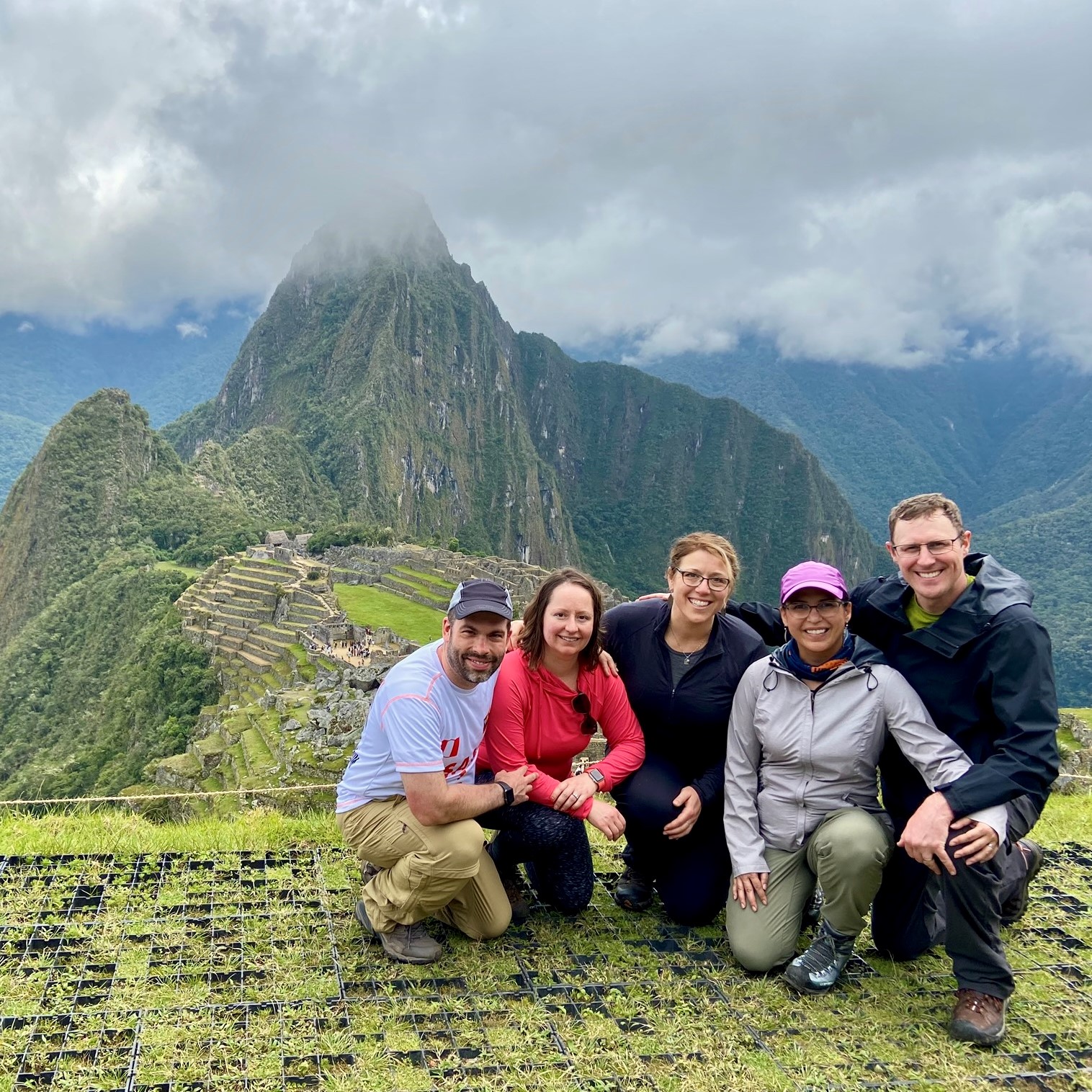
I graduated from Seattle U with majors in Spanish and Sociology in 2003 and am filled with deep gratitude for the experiences and opportunities afforded to me during my undergraduate years. I entered college as a first generation student with limited financial resources and a small worldview. My passion for learning Spanish began in middle school and grew exponentially during my time in college. I can honestly say that studying abroad with the Latin American Studies Program (LASP) in Puebla Mexico changed me for the better forever. And I’m so grateful for how easy it was to double major and make study abroad a reality! The LASP program ignited a spark and curiosity to explore the world and learn from different perspectives.
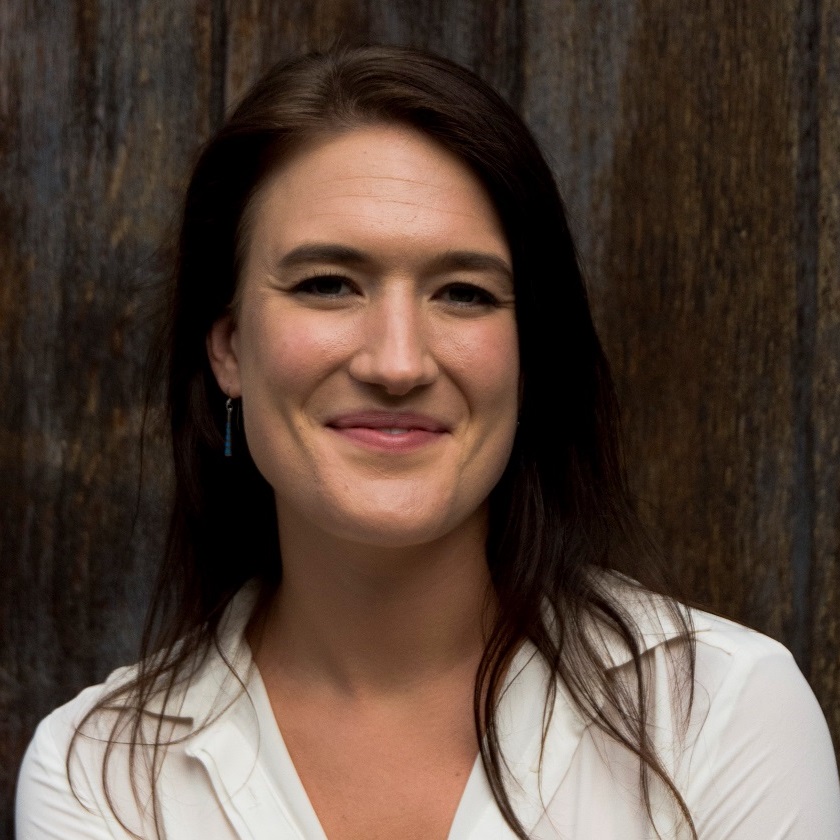
I graduated from SU with a BA in Spanish and French in 2011. As an undergraduate, I studied abroad in Granada, Spain and became curious about the history of the city. My senior year at SU, I took two courses with Dr. Earenfight on medieval Spain. The opportunity to combine my language studies with the history of a place that I had grown to love sparked interests that I’ve been chasing ever since.
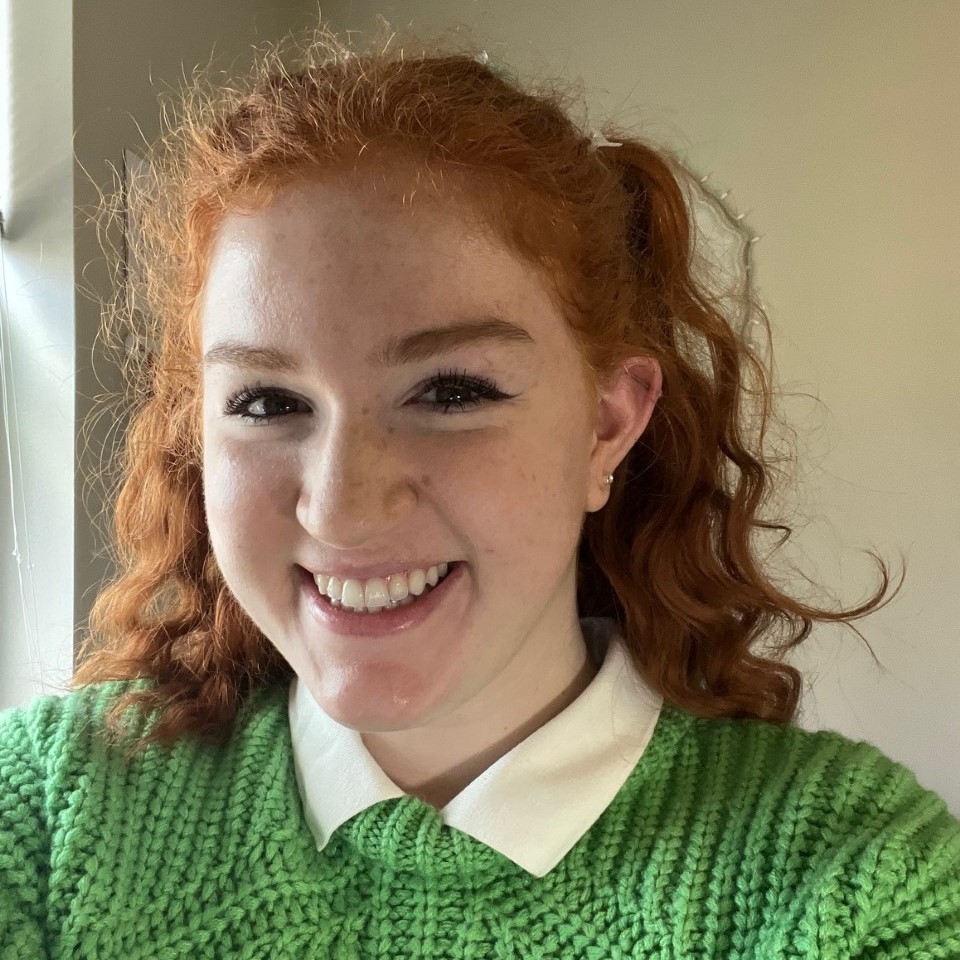
Congratulations to the winner of the 2022 Spanish Michels Family Award, Danielle Miller. Danielle graduated Summa Cum Laude with majors in both Spanish and Criminal Justice. Danielle is also the recipient of the Eugene Corr Ethics and Service in Criminal Justice Award, which recognizes a graduating Criminal Justice major who has engaged in extraordinary service activities to improve the criminal justice system and to promote ethical conduct in criminal justice professions.
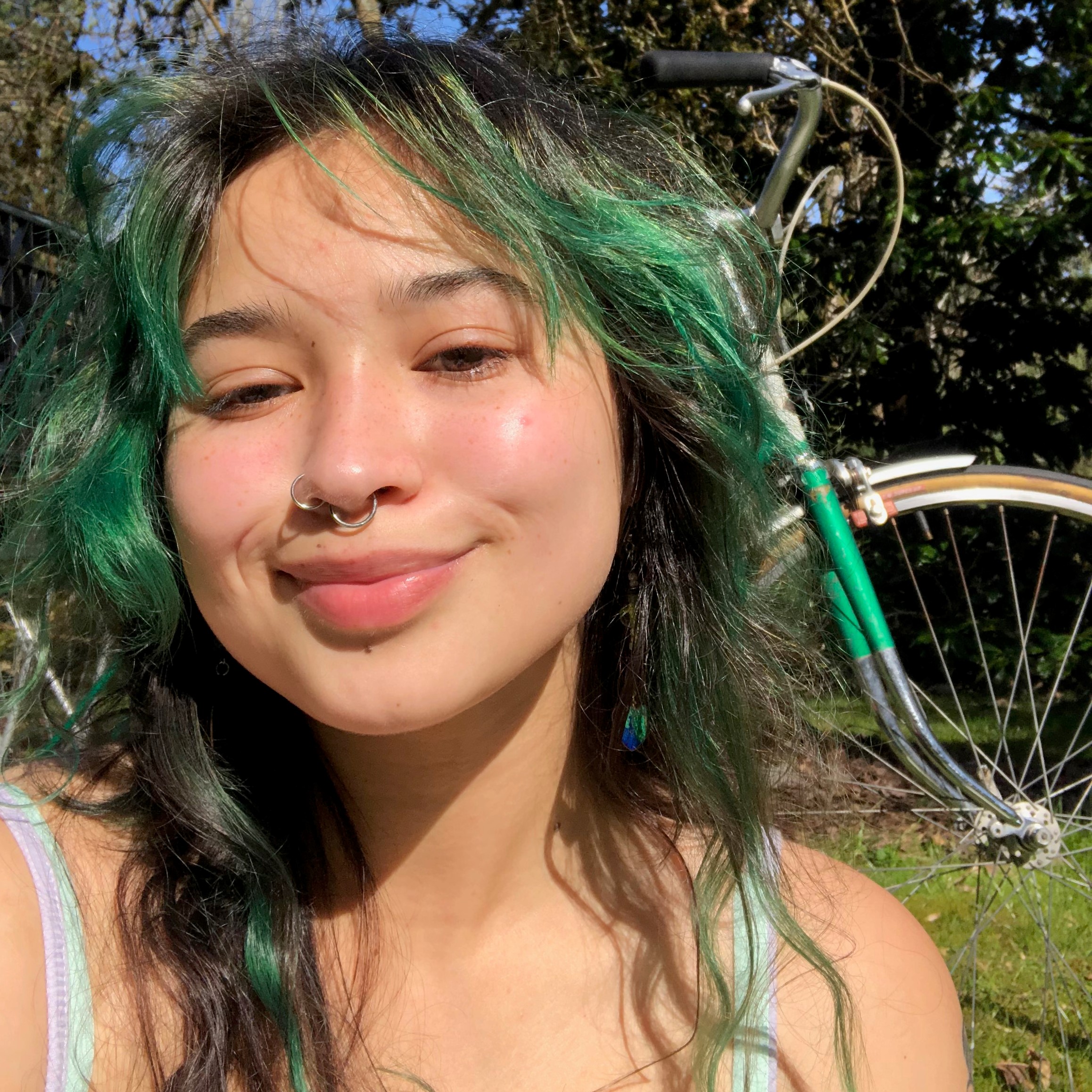
Congratulations to the winner of the 2022 Spanish Michels Family Award, Hallie Evans. Hallie graduated Summa Cum Laude with a degree in Spanish and with Departmental Honors in International Studies. Hallie is also the recipient of the Noel J. Brown Award, which is presented to the graduating student with the highest GPA in the International Studies Department.
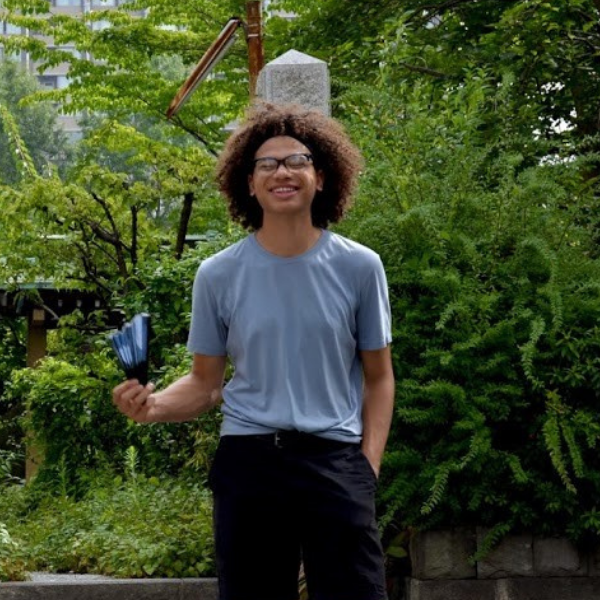
When I first began my time at Seattle University, I knew that I would study Spanish. Prior to my time in the University I had studied Spanish for a cumulative 7 years, but I had not yet achieved anything close to fluency. The Spanish major at Seattle U really changed that for me. I spent four years doing my best to grasp at something that would be close to fluency. The caring and familial nature of the Spanish department allowed me to grow. Of course, this started with basic Spanish courses that covered simple grammar, but eventually I found myself going abroad to expand my skills. I spent six months abroad in Puebla, Mexico. After going abroad I was communicating on a level that I had never dreamed of before. This skill stayed with me through my professional career as well.
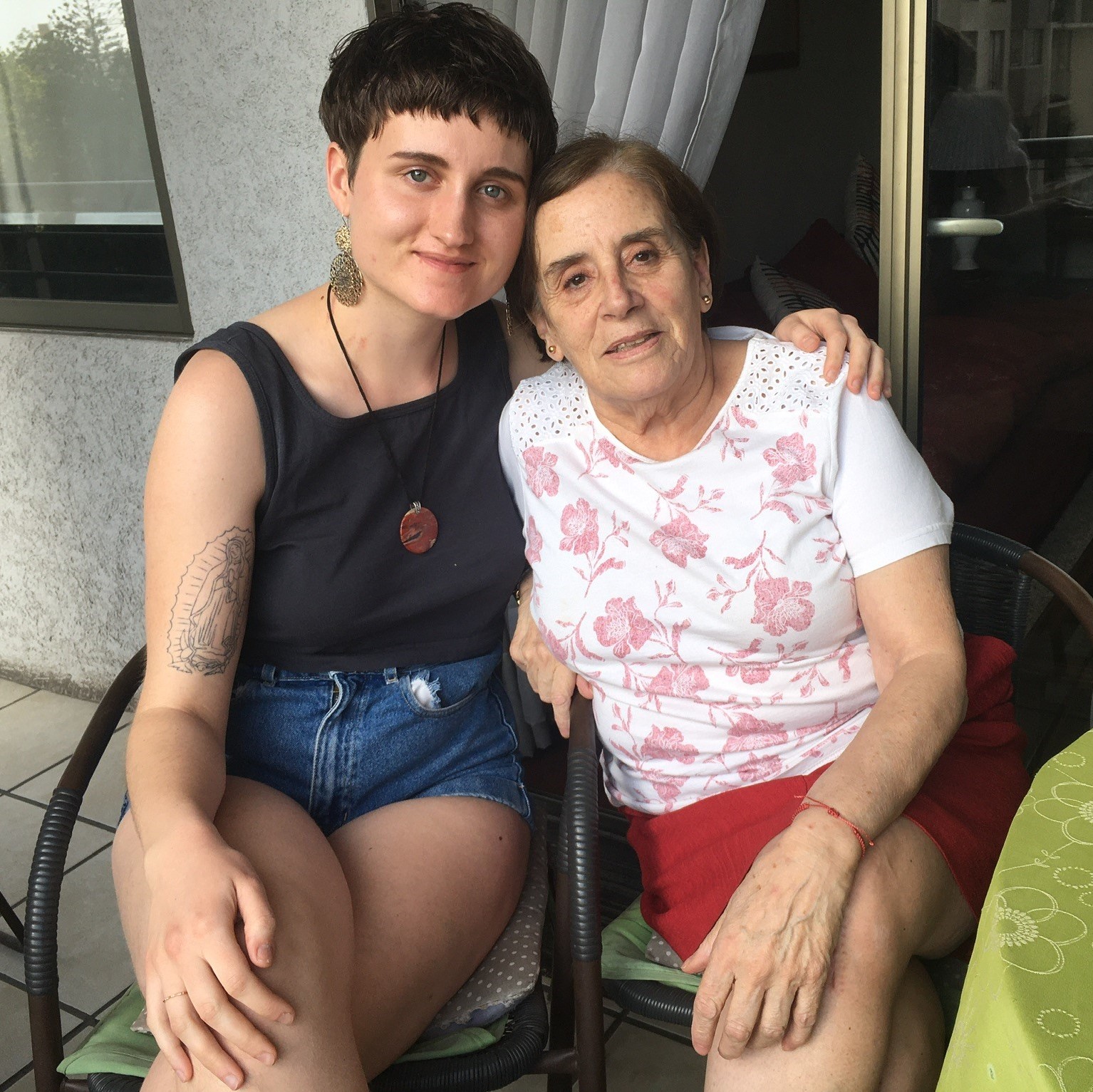
When I first began my studies at Seattle University, I had no idea I would become a Spanish major and develop a deep respect and lifelong interest for Spanish language. My studies at SU took me to Tijuana, Mexico, over 2016 spring break to work for one week alongside Esperanza International with the Xavier Global Learning Communities Outreach Program, then Santiago, Chile, to study abroad for fall quarter 2016 at Universidad Andrés Bello, and finally to Puebla, Mexico, in the spring of 2018 at Universidad Iberoamericana. Each experience provided me with unique insight into the beauty and diversity that Latin America has to offer. The professors that I studied with in Seattle and abroad prepared me with the tools I would need to make friends, explore the arts, and expand my horizons.
Career Readiness/Skills Inventory
Being “career-ready” means that you’ve developed a range of skills that you can transfer to different settings once you graduate. At Seattle U, we take your career readiness seriously, so we’ve created an inventory and program-level map for you to help you see what skills you’re likely to practice in your major or, as in this case, as you study your first year of a language.
Formal application through the Department of Modern Languages and Cultures is required
Typical Program of Study
Contact Us
Noelle Hardman
Administrative Assistant
206.296.5380
nhardman@seattleu.edu
Sonia Barrios Tinoco
Chair
206.296.2458
barrioss@seattleu.edu